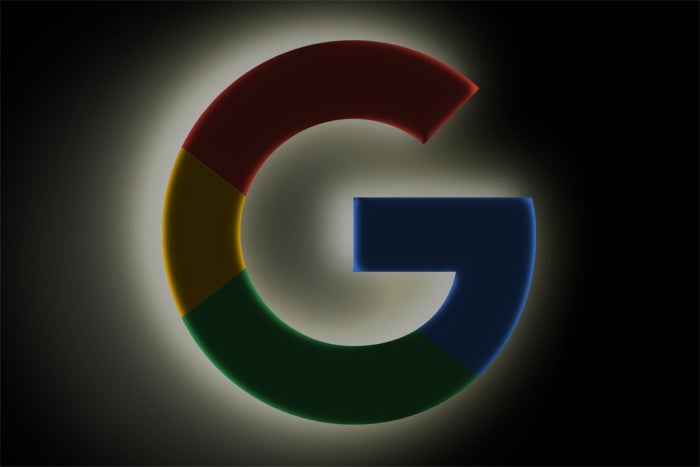Once upon a time, Google was absolutely gaga over Google Assistant.
Remember those days? You should. They really weren’t that long ago.
Back as recently as 2020 — in the last year the annual Consumer Electronics Show was held in person before going digital during the peak of the pandemic — Google did everything in its power to make sure Assistant was everywhere you looked, both virtually and in a very literal physical sense. Assistant turned into a full-fledged spectacle at the high-profile tech exhibition that year, continuing a theme Google had been threading for a while.
As The Verge put it two years earlier, in 2018:
Google has basically taken over the entirety of Las Vegas with ads and billboards highlighting the Google Assistant. It’s basically impossible to go anywhere in the city this week without seeing a giant Google advertisement.
And you know what? That manner of extreme attention-seeking made an awful lot of sense. After its slightly awkward 2016 debut, Assistant quickly became the nucleus around which everything else at Google seemed to rotate. It felt like the beginning of the “post-OS era,” as one particularly comely columnist contended a couple years into Assistant’s existence, with clear signaling that “getting partners and users on board with Google Assistant in as many ways as possible” was Google’s “core focus moving forward” — a way to keep the company’s almighty search force front and center and to create a “next-gen version of that classic Google search box” in a way that’d remain relevant no matter what type of device or method of interaction you were using.
[Get level-headed Google insight in your inbox with my Android Intelligence newsletter. Three things to know and try every Friday!]
In the past several months, though, something has shifted. Following years of aggressive promotion and impressive enhancements, Google’s affection for Assistant seems to have faded.
After receiving report after report from frustrated Android device owners who were finding Assistant to be a barely functional shell of its former self, I decided to dig a little deeper to see if I could figure out what in the world was happening — and why.
The Google Assistant (d)evolution
By most counts, Google’s Assistant backslide seemed to start somewhere in the early part of this year — around the same time the company announced its focus on developing a ChatGPT-like natural language search interface known as Bard.
According to reports around that same period, Google made a deliberate move to “reshuffle” its Assistant division and shift its focus primarily toward Bard development. Leading up to that, as Ars Technica’s Ron Amadeo recollected, Assistant’s once breakneck pace of releases had slowed considerably. Instead of launching new Assistant features, Google started taking features away. And other reports indicated the company was planning to “invest less” in developing Assistant for products “not made by…
2023-08-01 07:24:03
Post from www.computerworld.com rnrn
